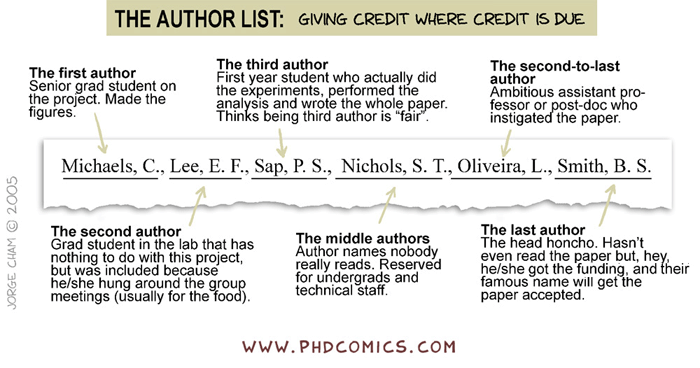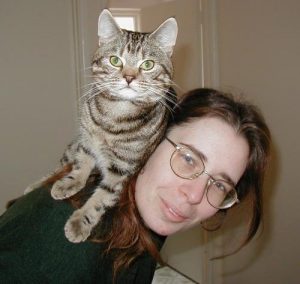In the past few weeks my social feeds have been littered with articles citing “Hinton’s latest breakthrough” in AI: capsule networks. Like most people in the field, I make sure I read up on what’s new, and I’m yet to see the paper‘s first author Sara Sabour, get credit for her work in all of the tertiary reviews.

For those who aren’t in academia, there is a distinct order to the names on published papers either by contribution or alphabetically. For contribution, the first author is the one who actually did the research, the last author is the person who runs the lab/department and any other names are listed in order of contribution. Occasionally you will see notes that authors contributed equally. Some subject or countries list names alphabetically, but this is not the case for this paper published on arxiv. Continue reading Credit where it’s due in AI – capsule networks




